The three RFCDC Volumes offer educators a reference and a toolbox for designing, implementing and evaluating formal and non-formal educational interventions.
Reference Framework of Competences for Democratic Culture (RFCDC)
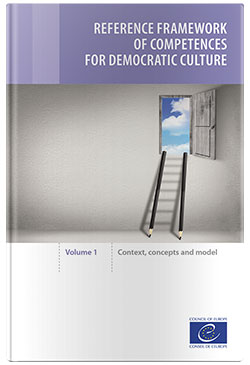
Volume 1: Context, concepts and model
It contains the model of competences for democratic culture that was unanimously approved by European ministers of education at their standing conference in Brussels in April 2016.
Find it here
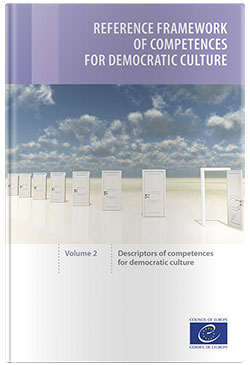
Volume 2: Descriptors of competence for democratic culture
It lists the descriptors of the competences for democratic culture that are intended to help educators identify learning outcomes, achieved proficiency after a period of learning, and areas for further development.
Find it here
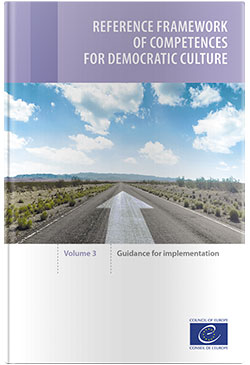
Volume 3: Guidance for implementation
It offers guidance on how the model of competences and the corresponding descriptors may be used in six education contexts.
Find it here
Language Policy and Practice
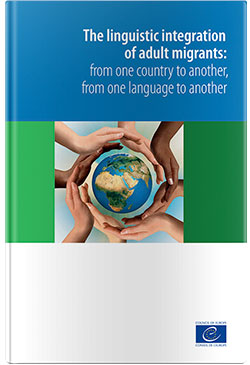
Linguistic Integration of Adult Migrants: From One Country to Another, From One Language to Another
The aim of this volume is to propose a number of specific measures member states can take to support adult migrants to become acquainted with the language of the host county. It focuses primarily on organising language courses that meet migrants’ real communication needs.
Find it here
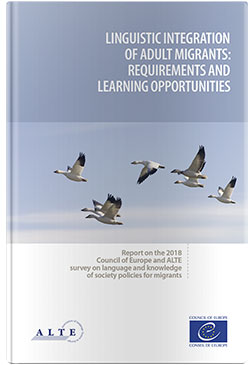
Linguistic Integration of Adult Migrants: Requirements and Learning Opportunities
This is a Report on the 2018 Council of Europe and ALTE survey on language and knowledge of society policies for migrants. This Report will be relevant to anybody interested in migration and language policy. It pays attention to vulnerable learner groups and the degree to which member states provide migrants with adequate learning opportunities, while discussing current trends.
Find it here
Digital Citizenship Education
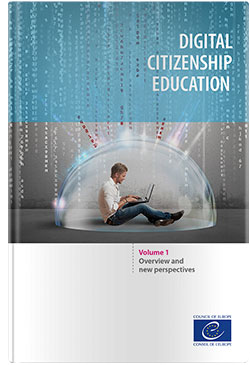
Volume 1: Overview and new perspectives
This volume reviews the existing academic and policy literature on digital citizenship education, highlighting definitions, actors and stakeholders, competence frameworks, practices, emerging trends and challenges.
Find it here
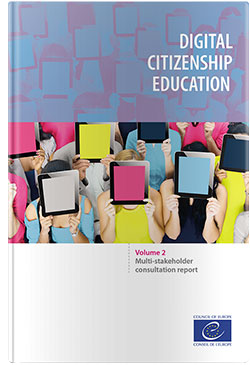
Volume 2: Multi-stakeholder consultation report
This volume contains the results of a multi-stakeholder consultation to identify good practices regarding digital citizenship education, the gaps and challenges to be met in formal and informal learning contexts.
Find it here
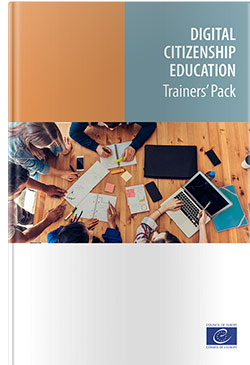
Trainers’ Pack
The aim of the project is to help reshape the role education plays in enabling children and young people to acquire the competences they need to participate actively and responsibly in democratic society as digital citizens, both online and offline.
Find it here
Democratic Citizenship and Intercultural Dialogue
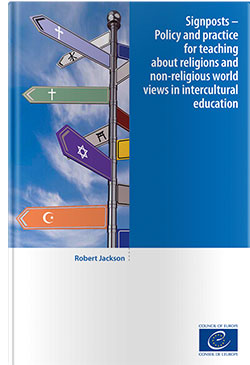
Signposts – Policy and practice for teaching about religions and non-religious world views in intercultural education
Signposts provide advice to policy makers, schools (including teachers, senior managers and governors) and teacher trainers on tackling issues arising from Recommendation CM/Rec(2008)12 on the dimension of religions and non-religious convictions within intercultural education.
Find it here
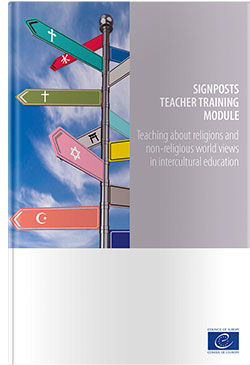
Signposts teacher training module – Teaching about religions and non-religious world views in intercultural education
Signposts is an important instrument for Education for Democratic Citizenship and Human Rights Education (EDC/HRE) that helps to create the culture of democracy.
Find it here


